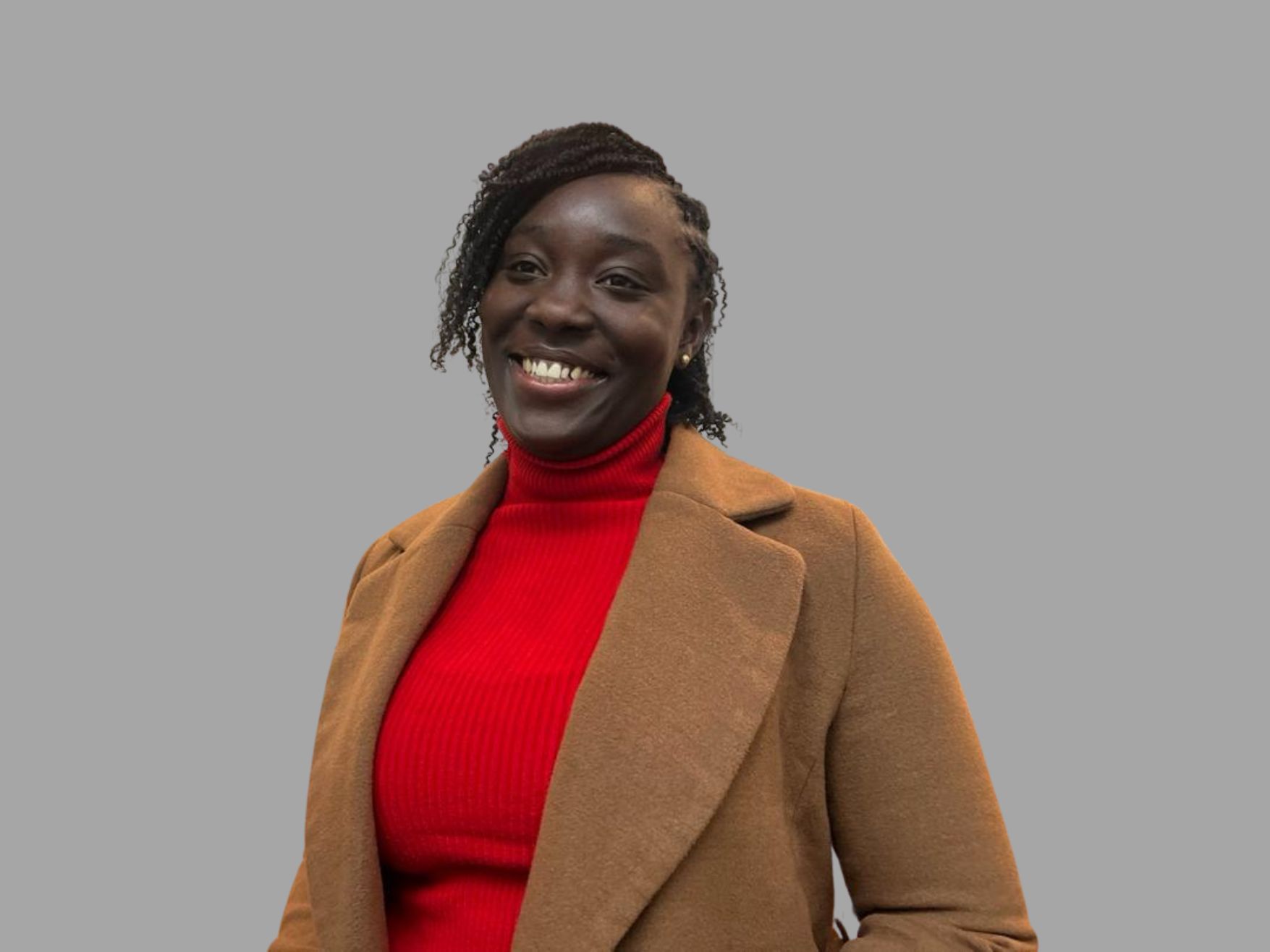International Women’s Day is a time to reflect on progress made, and to celebrate acts of courage and determination by ordinary women who have played extraordinary roles in history. The Day also brings to the fore, commitments under the UN Women’s Step It Up Initiative, and other existing commitments on gender equality, women’s empowerment and women’s human rights.
Several reports by the United Nations and other international treaties and conventions recognize the importance of gender equality and women’s empowerment in advancing democracy, development, peace and security. Gender inclusiveness and the inclusion of women in decision-making processes have not only become an important indicator of good governance in many democratic societies but also considered critical for the overall empowerment of women. Another global study has also revealed that women have seen only marginal improvements in the world of work in the past 20 years.
In countries where women access work more easily, the quality of their jobs remains a matter of concern. Even though several countries in the West Africa region including Ghana have signed and ratified several UN Charters and Conventions which emphasize women’s political participation and representation at all levels of power, women’s participation and involvement in governance processes remain quite low. In Ghana for example, while political parties endorse the UN mandated figure of 30 percent women’s representation in public offices in their manifesto pledges, such promises are hardly translated into action as the number of women in public offices continue to dwindle rather than appreciate.
Despite efforts by women’s rights organisations to increase women’s representation in public spaces, the numbers remain disturbingly low. Out of 133 women who contested 102 parliamentary seats in the last elections, only 30 were successful. This means, out of the 275 Members of Parliament, only 33 are women. This is despite the fact that about 51 percent of Ghana’s population are women.
It is widely acknowledged that the media sets the societal agenda, shapes public opinion and builds decisive visibility platforms for issues and people. There is research evidence that also points to the influential role of the radio as an effective citizens-engagement tool in many parts of the region and thus an important tool to increase women’s voices and participation in governance processes. Unfortunately however, there has been little effort on the part of the media to include women in their programming with the reason that the women are not available for participation. The inclusion of women in media programmes have often been pushed to the back burner and left to the discretion or in some instances the biases of programme producers and content writers and editors. Such gender inequalities in media representation have continued to frustrate women’s ability to use the media as a vehicle for empowerment and participation in governance.
Quite regrettably also is the fact that the few women who have braved the odds to occupy influential positions in governance or public spaces are often too quiet in public discourse on national issues instead of serving as trail blazers and paving the way for greater women participation in national affairs. Even in Ghana, which boasts of high levels of free expression, women face obstacles to participating in public discourse through the media. This was evidence in the troubling disparities in the gender of featured individuals, discussants, and moderators and in the quantity of governance issues discussed on radio programmes, as revealed in a study of women’s participation and voices on public discourse on radio between 2013 and 2014. There is certainly no doubt that the media has the powerful ability to empower women to raise awareness about pressing issues in their communities.This is what makes it imperative that women have equal access to media platforms to seek, receive, and impart information in order to prioritise women’s issues. This, in turn helps promote good governance and development.
Media owners, programme producers or content producers and editors must make the conscious effort to fully and equally integrate women into their staffing and programming on all issues and not pidgin-hole women into discussing only women issues. While the media does it’s best to increase women’s voices and participation in public discourse, it’s about time that many more women stood up, and braved the odds to be counted.
Abigail Larbi-Odei (Programme Manager, Media, Development and Good Governance).






